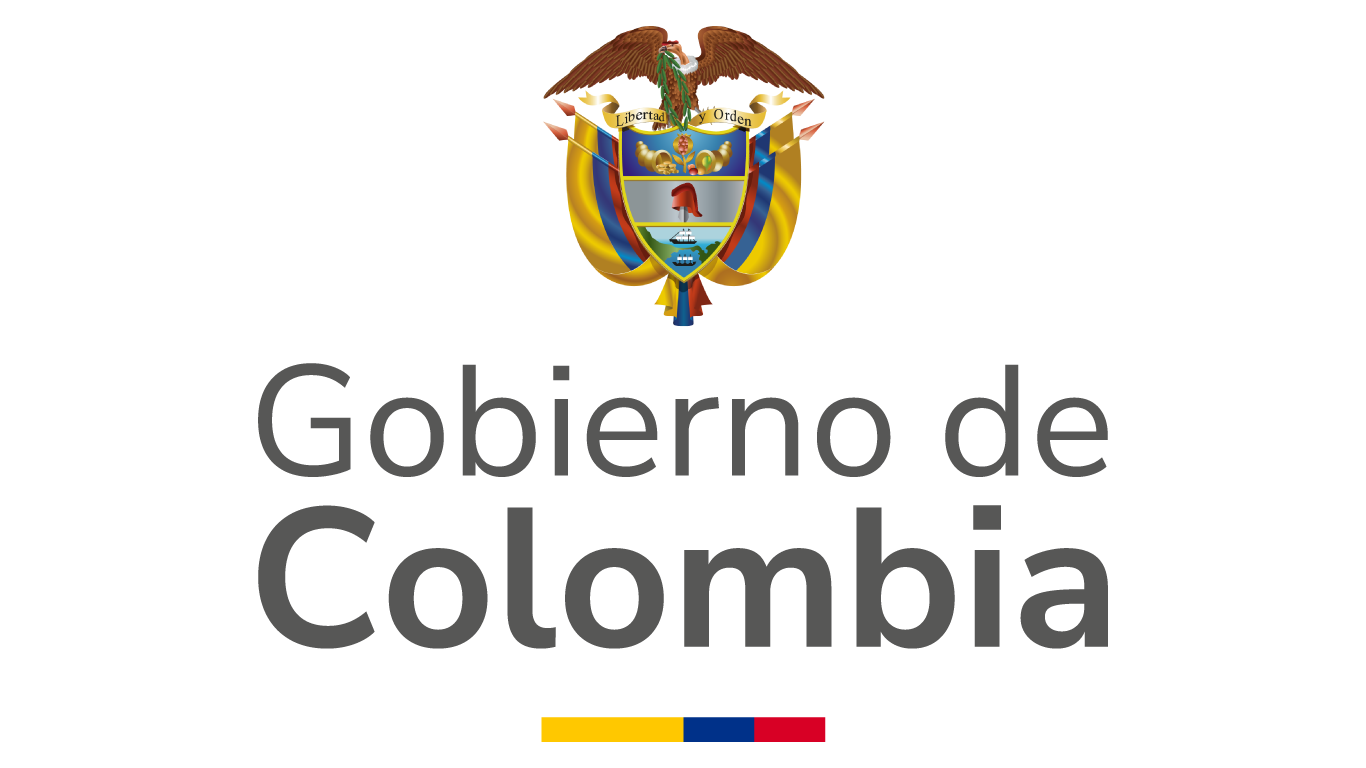The United Nations Charter compels the Member States to resolve their conflicts by peaceful means in order not to endanger international peace and security. This means that they should abstain from threats or use force against any other State and that they submit any controversies to the Security Council (SC).
The main responsibility of the Security Council is to keep the peace and security. It is the most powerful entity of the United Nations system. Although the General Assembly is the main organ because all members are represented, the decisions of the Security Council are “compulsory” for all and at the same time has the power to take measures to enforce their compliance, as it is the only entity which may approve the use of force.
When controversies arise, the first step of the Council is to recommend the parties to reach an amicable agreement and, in some cases, undertakes research and mediation activities or requests the Secretary General to assist in the matter. The Council may impose embargoes or economic sanctions or authorize the use of force in order to settle disputes. In peace processes, the Council may deploy military observers or a peacekeeping force at a conflict zone. According to the Charter, the Council has established criminal international courts to prosecute those accused of serious international human rights violations, including genocide.
The Council has 15 members: five permanent and 10 chosen by the General Assembly for two-year periods. Permanent: China, the United States, the Russian Federation, France and the United Kingdom. Each member of the Council has the right to one vote. The decisions on procedural issues are taken with at least nine affirmative votes of the 15 members. Fundamental issues require nine affirmative votes as well, but these have to include the five permanent members. If a permanent member does not agree with the decision, it may cast a negative vote which has the power to veto.
Why does Colombia participate in the SC?
This is the seventh time Colombia participates in the Security Council as a non-permanent member. Colombia is one of the countries which has been a part of the Security Council on many occasions: Brazil (10 with the present), Japan (10), Argentina (8) and India and Colombia (7).
Colombia, as a founding member of the United Nations, believes in multilateralism and actively participates in the UN. Since Colombia does not have many Diplomatic representatives, its participation in multilateral forums becomes extremely relevant as a foreign policy instrument.
The United Nations members delegate in the fifteen members of the Security Council the responsibility of “keeping international peace and security”. In other words, the Council acts as collective representation of all the member States of the organization. Colombia’s active, serious and coherent participation in the tasks of the Security Council must contribute to place Colombia’s foreign policy at the United Nations’ core.
Colombia, due to its extensive experience in security issues, in its fight against terrorism and organized crime, has the possibility to share experiences in disarmament, demobilization and reinsertion. The Security Council is the ideal stage to offer this knowledge to the world.










